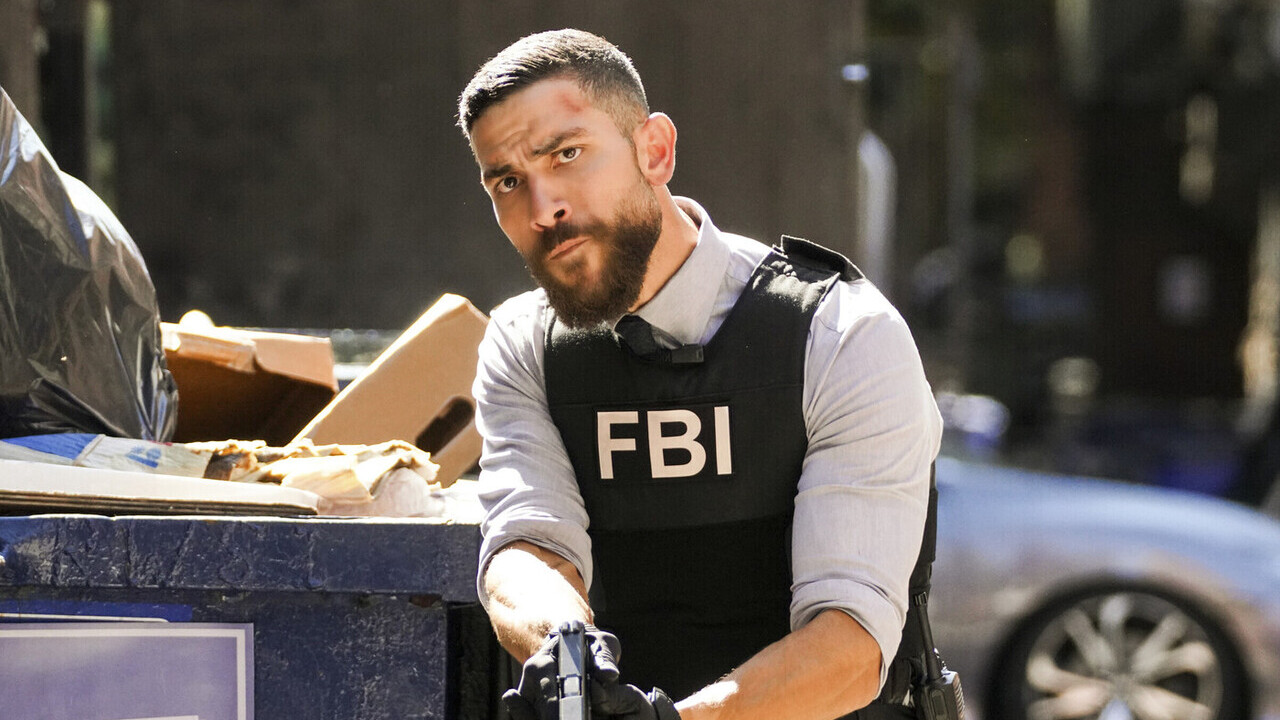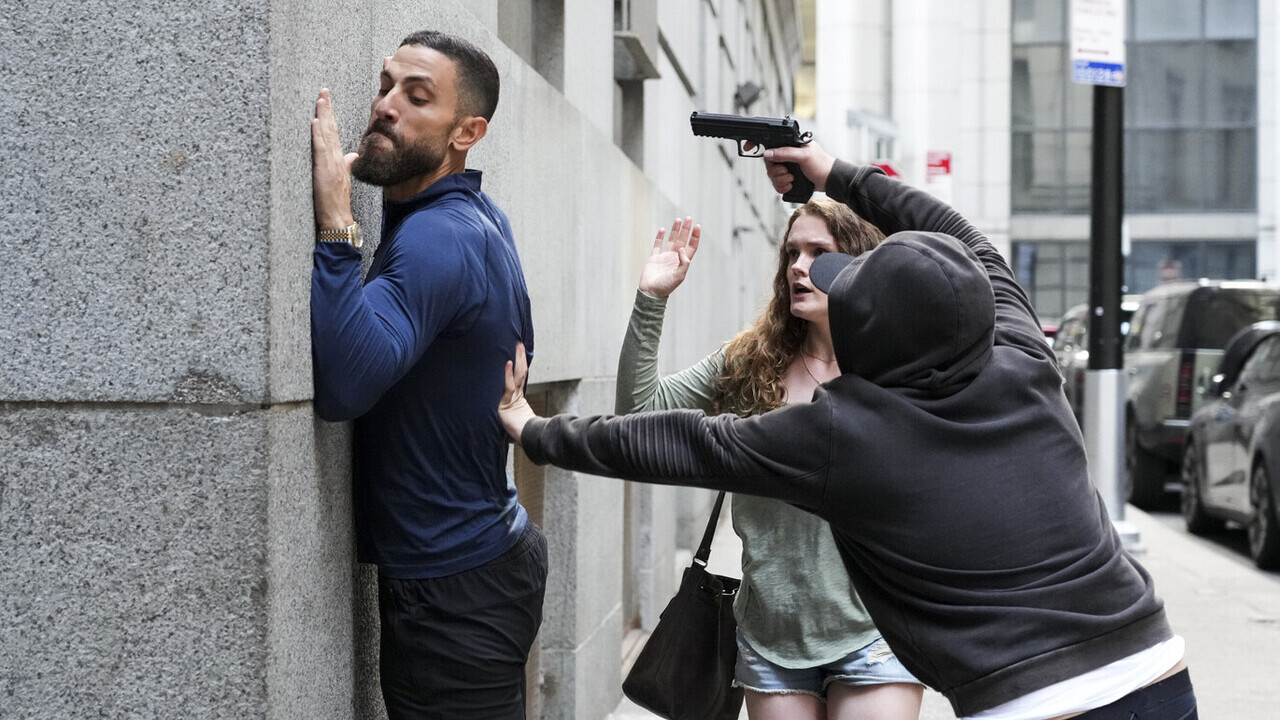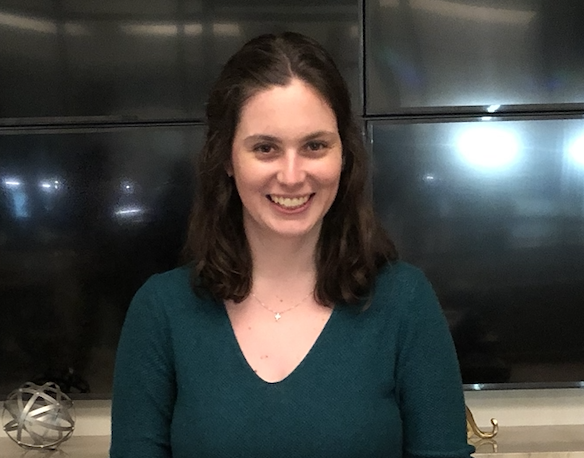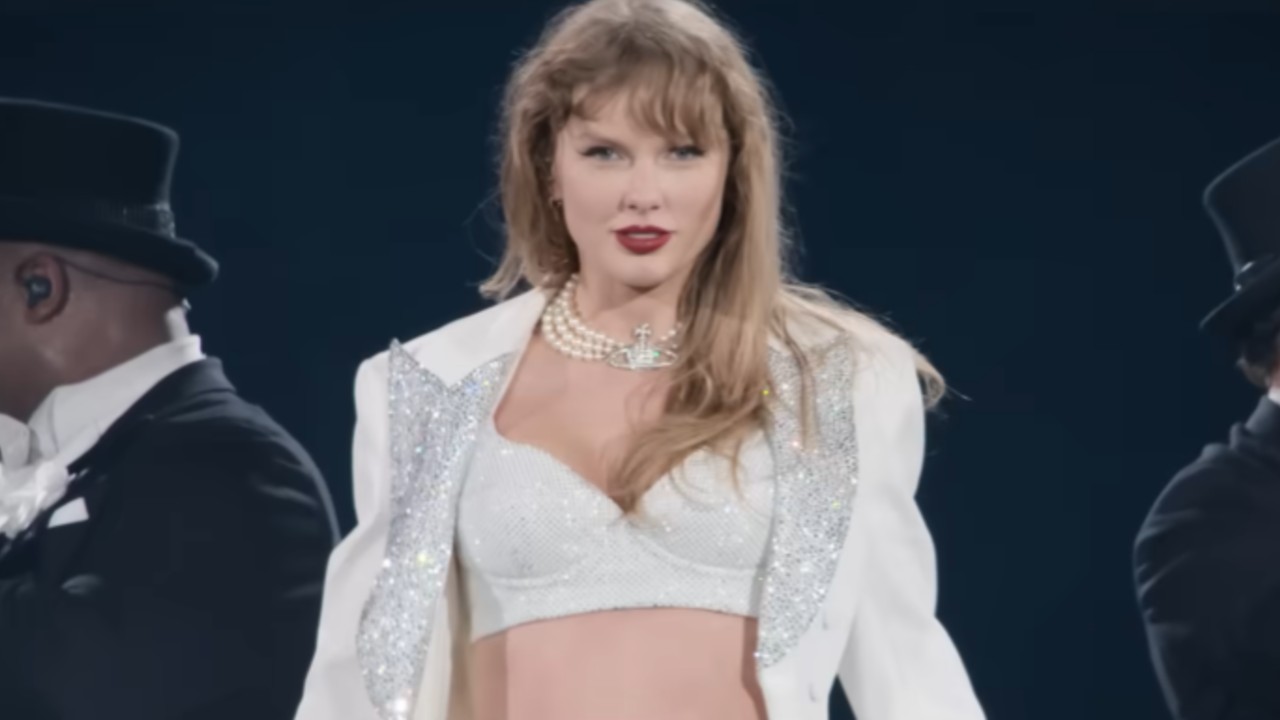How FBI's OA Has Lost A 'Layer Of Protection' After His Traumatic Attack, According To The Star
FBI shook OA to his core following a traumatic attack.

Your Daily Blend of Entertainment News
You are now subscribed
Your newsletter sign-up was successful
Warning: MAJOR SPOILERS are ahead for Episode 4 of FBI Season 5, called “Victim.”
The agents of CBS’ FBI are used to going all-out to find justice for victims, but usually not while processing a traumatic incident of their own. In the newest episode, OA was lured into a trap after he heard a woman screaming, only to learn that she was working with a partner to mug people who try to help her. Held at gunpoint, he was attacked and robbed, but tried to work the team’s latest case without even mentioning it to his fellow agents. The attack affected OA throughout the whole investigation and, according to actor Zeeko Zaki, cost him a layer of protection.
While trying to investigate the case of women being attacked and murdered, OA was also attempting to dodge the questions of his coworkers and avoid the detective who wanted him to look at a photo array. He finally had to come clean to Nina, and agreed to look at the photos after he learned that his muggers had escalated to the point of shooting somebody. He was ultimately able to use his experience to form a connection with a victim who – like him – had blocked out the details of what had happened to protect herself.
Zeeko Zaki spoke with CinemaBlend about the events of “Victim” and what OA went through over the course of the hour. Since OA is a physically imposing agent and often the one to chase down and tackle the team’s fleeing suspects, viewers rarely see him in a situation where he could be overpowered. In fact, both of his muggers were smaller than him, but armed when he was not. When asked if OA’s physical abilities and training made it harder for him to process that he was mugged, Zaki shared:
100%. I think embarrassment is at the core of all attacks, but when you are of a larger stature, and you live your whole life feeling like that's a layer of protection against things like that, when you spend time building layers of protection, and then all of a sudden, they come crumbling down, it's this very 'house of cards comes crashing down' feeling. When those characteristics are directly related to your work, it just makes you question a lot of things. Kind of like a golfer losing his swing.
OA was struggling with a sense of shame, to the point that he was blocking out details and projecting his trauma onto one of the victims of the case . In the heat of the moment in the mugging, he did the right thing to save his own life and was key to the attackers' arrests, but couldn't just shake off the sense of embarrassment.

Victims feeling shame to the point of not wanting to come forward is a topic that is regularly covered on shows like Law & Order: SVU, but usually from the perspective of a female character. Zeeko Zaki opened up about FBI handling the sense of shame after an attack from the perspective of a male character, saying:
That was the challenge of the episode, and I think really showed that there are multiple perspectives in why someone is behaving a certain way and why someone is compartmentalizing things in a certain way. Those can be cultural, economic, regional. All of these things can affect why a person closes up. In the proverbial battle for justice, there's always gonna be an opportunity to close up or to open up.
OA may be able to usually compartmentalize his personal feelings in order to focus on the case, but in rare instances like in “Victim” (and last season’s episode involving sarin gas, to a lesser extent), he can’t just bottle everything up. Zeeko Zaki continued:
Your Daily Blend of Entertainment News
I think OA's perspective – whether it be male or female – he takes the religious cultural side and sees that there has to be able to be a spiritual and religious safe space around traumatic events as well so that people feel comfortable speaking about them, and I think just acknowledging that is an important thing. When you take an aggressive angle on a traumatic event, I think there's really no way that could turn out well. There has to be a balance. There has to be a gentle approach to something traumatic, I think. We got to explore that.
OA wasn’t taking a gentle approach for the entire episode, but did finally make enough of a personal breakthrough that he was able to accept what had happened to him and help a victim realize that she could face what had happened to her as well. That was key to breaking the case and catching the bad guy of the week, and according to Zeeko Zaki, he wouldn’t have been able to get through to the young woman if not for his experience with the muggers. He said:
I think his personal experience was definitely a key factor, because I think it's the relatability. It's him finding anything to relate to these victims. And to be able to protect them, you know, I think you put up these walls of, 'Okay, I can't relate to what they're going through. I understand what they're going through, but I can't relate to it.' Pure protection is the drive versus that shift when you have that 'Oh, crap' moment. 'I understand and I can relate,' and I think it then shifts to something personal. When you can really truly relate to something, it becomes personal.
Luckily, OA got the catharsis that he needed by the end of the episode, with some help from Nina. Even though Zeeko Zaki has shared why FBI fans should be excited about the return of Missy Peregrym, Shantel VanSanten’s Nina has been a valuable member of the team ever since Maggie was exposed to sarin gas, and she will still be around for a little longer.
See what happens next for OA and Co. on FBI with new episodes on Tuesdays at 8 p.m. ET on CBS, and revisit past seasons streaming with a Paramount+ subscription. Tuesdays deliver plenty of action on CBS, with FBI: International at 9 p.m. and FBI: Most Wanted at 10 p.m. For some more viewing options in the coming weeks, check out our 2022 TV premiere schedule.

Laura turned a lifelong love of television into a valid reason to write and think about TV on a daily basis. She's not a doctor, lawyer, or detective, but watches a lot of them in primetime. CinemaBlend's resident expert and interviewer for One Chicago, the galaxy far, far away, and a variety of other primetime television. Will not time travel and can cite multiple TV shows to explain why. She does, however, want to believe that she can sneak references to The X-Files into daily conversation (and author bios).
